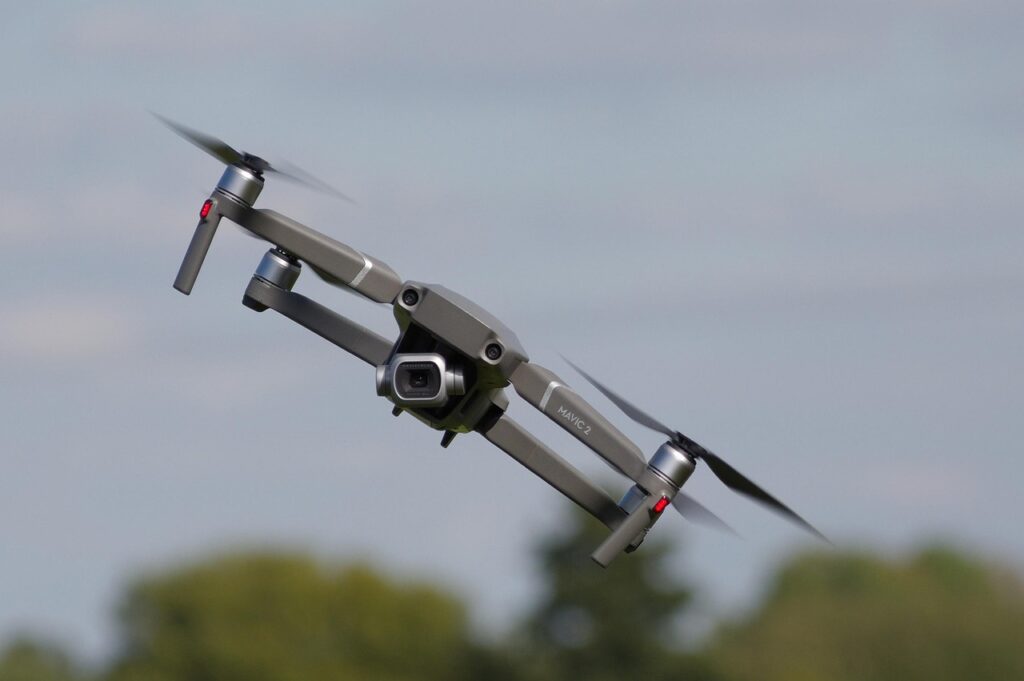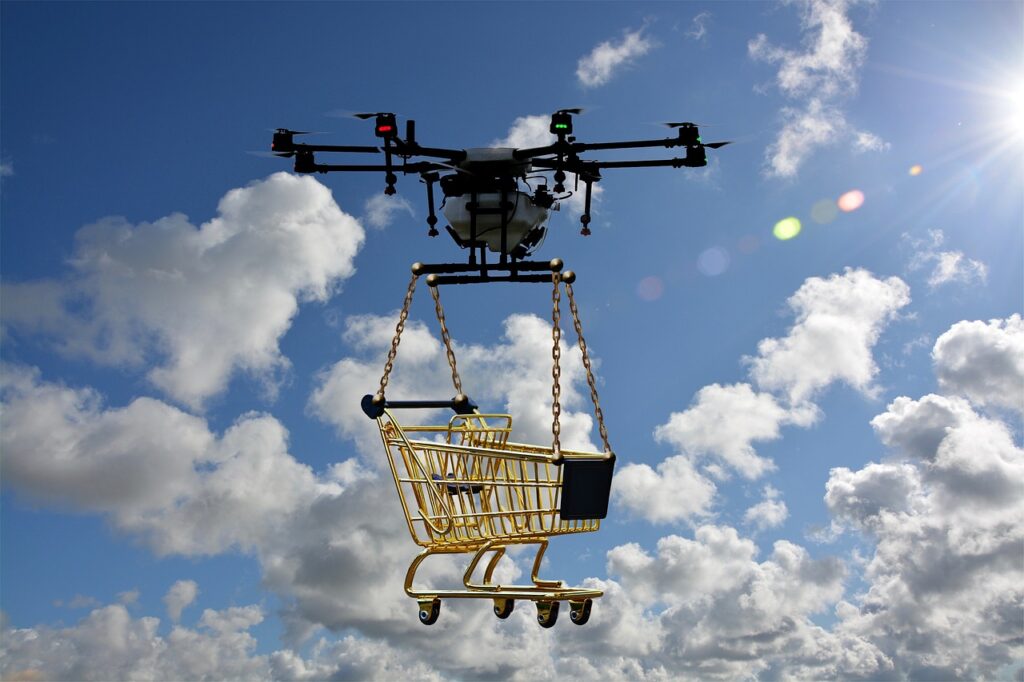Comprehensive Guide to Drone Insurance: Protecting Your Investments in the Air

In recent years, drones have revolutionized industries such as photography and film, agriculture, surveying, and delivery services.
Title Page Separator Site title
Slug
Meta descriptionUse AIInsert variable
Drone Insurance Policies
SEO analysisOKDrone Insurance Policies
Premium SEO analysisPremiumAdd related keyphrasePremiumTrack SEO performanceInternal linking suggestionsPremium
Cornerstone content
Advanced
Insights
WPCode Page Scripts
Move upMove downToggle panel: WPCode Page Scripts
Use up and down arrow keys to resize the meta box panel.
Given their increasing popularity and widespread use, drone operatorsnwhether hobbyists or commercial operators must prioritize safety and regulatory compliance.
One of the most important aspects of responsible drone use is obtaining appropriate drone insurance. This comprehensive guide will walk you through everything you need to know about drone insurance so you can make informed decisions to protect your investments in the air.
What is drone insurance?
Drone insurance is a specific form of insurance coverage designed to protect drone owners and operators from financial losses caused by accidents, injuries, or liability claims related to drone use.
Unlike traditional auto insurance, drone insurance covers the specific risks of unmanned aerial vehicles (UAVs) and offers tailored protection for different scenarios.
Why do you need drone insurance?
Compliance with laws and regulations: In many countries and states, drone operators, especially those operating commercially, are required to have liability insurance in order to operate legally.
Financial protection: Drones can be expensive, often costing thousands of dollars. Insurance helps reduce the financial burden of repairs or replacement in the event of an accident.
Liability insurance: If your drone causes personal injury or property damage, liability insurance ensures that you are financially protected from lawsuits and claims.
Worry-free operation: Knowing that you are covered, you can operate your drone with confidence, whether for hobby or commercial projects.
Types of Drone Insurance
To choose the right insurance for your needs, it is important to understand the different policies available. The main types of drone insurance are:
- Liability Insurance
This is the most common and important type of insurance that provides protection against claims for personal injury or property damage caused by your drone. This usually covers legal fees, settlements, and judgments. - Comprehensive Insurance (Property Damage Coverage)
Comprehensive insurance covers the cost of repairs or replacement if your drone is damaged or lost due to accidents, crashes, or other insured perils. This is especially important for valuable drones. - Combined Insurance
Many insurance companies offer combined insurance that includes both liability and comprehensive insurance, providing comprehensive coverage. - Specialized Coverage
Some policies offer additional protection, such as coverage for cargo (for cameras or sensors), vandalism, or theft.
Who needs drone insurance?
In some regions, recreational drone operators may be exempt from the regulation, but commercial drone operators are generally required by law to carry insurance. Examples include:
Aerial photographers and videographers
Surveying and surveying companies
Agricultural drone suppliers
Delivery drone operators
Real estate agents using drones for marketing purposes
Hobby pilots flying in public spaces should also consider insurance to protect themselves against accidental damage or injury.
Choosing the right drone insurance
To choose the right insurance, you need to evaluate your specific needs and understand the insurance options available. Here are some important factors to consider:
- Coverage limits
Make sure the liability coverage of your policy matches your risk profile. For valuable drones or large projects, higher limits offer better protection. - Exclusions and limitations
Read the policy carefully to understand what is not covered. Common exclusions include intentional damage, unauthorized flying outside permitted areas, or flying under the influence of alcohol or drugs. - Commercial use coverage
If you are a business, check whether the policy also covers commercial activities. Some policies differentiate between hobbyist and commercial policies. - Geographic coverage
If you plan to fly internationally, check whether the policy covers international activities. - Premium costs
Compare quotes from several providers to find a balance between cost and coverage. Note that cheaper policies may offer limited coverage. - Additional Insurance Coverage
Consider optional add-on coverages, such as cargo insurance, equipment coverage, or insurance for specific projects.
How to Get Drone Insurance
Getting drone insurance involves several steps:
Assess your needs: Determine the value, scope, and risk factors of your drone.
Research providers: Look for reputable insurance companies that specialize in drone or aviation insurance.
Request quotes: Request multiple quotes to compare insurance options and costs.
Review policies carefully: Read the terms, coverage information, and exclusions carefully.
Provide necessary documentation: Insurance companies may request proof of the drone’s specifications, pilot certification, and operational details.
Purchase and retain documents: After purchasing insurance, have a copy of your policy and all related documents on hand during your flight.
Top Drone Insurance Providers
Several insurance companies specialize in drone insurance and offer flexible policies tailored to different users. Some well-known providers include:
Verifly: Offers on-demand drone insurance, suitable for hobby and professional pilots, with quick quotes via a mobile app.
SkyWatch.AI: Offers flexible pay-as-you-fly policies with coverage for different drone types and applications.
UAVShield: Specializes in comprehensive drone insurance for commercial users, including liability and comprehensive insurance.
BWI UAV Insurance: Offers customized policies for commercial drone users with high coverage limits and extensive additional benefits.
AIG: Offers aviation insurance, including drone coverage, with customized solutions for corporate clients.
Legal aspects and regulations
Complying with local regulations is essential. For example:
FAA regulations (USA): Require drone registration for aircraft above a certain weight and compliance with operating regulations. Liability insurance is highly recommended, especially for commercial flights.
EASA regulation (Europe): Sets certain safety standards and may require insurance for certain categories of drones.
Other regions: Many countries have their own regulations; always check local laws regarding drone use and insurance.
Drone insurance best practices
Review your insurance regularly: As your drone fleet or drone operation grows, adjust your insurance coverage accordingly.
Ensure operational safety: Follow best practices to minimize risks and reduce premiums.
Keep documentation up to date: Retain logbooks, flight data, and insurance documents for legal purposes and claims reporting.
Stay informed: Stay informed about changes in laws and insurance policies that affect drone use.
Diploma

Drone insurance is an important part of responsible and legal drone use. Whether you are a hobbyist or a commercial entrepreneur, find out more about the different types of insurance.
By choosing the right insurance and following applicable legal requirements, you are protected against unforeseen risks during your aerial operations.
By investing in comprehensive drone insurance, you not only protect your valuable equipment, but also have the peace of mind to focus on capturing amazing aerial images or delivering innovative services. Explore your options today and improve your drone operations with confidence.
